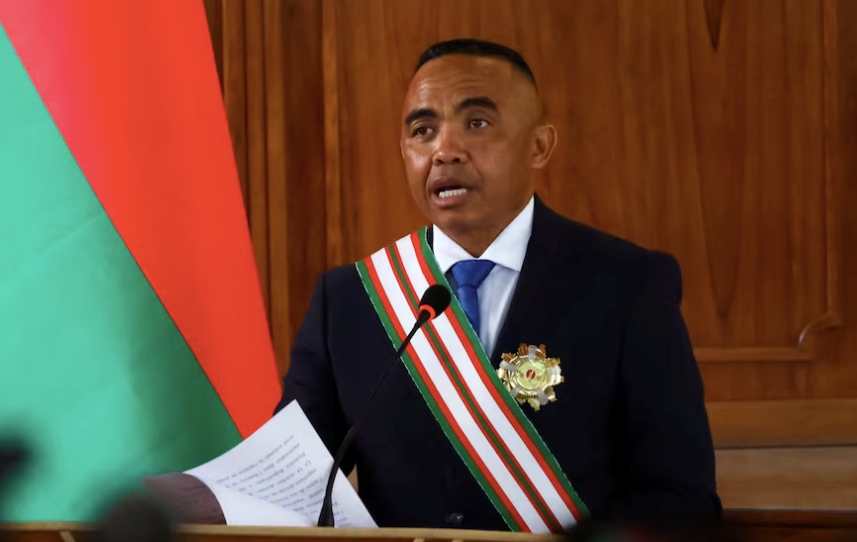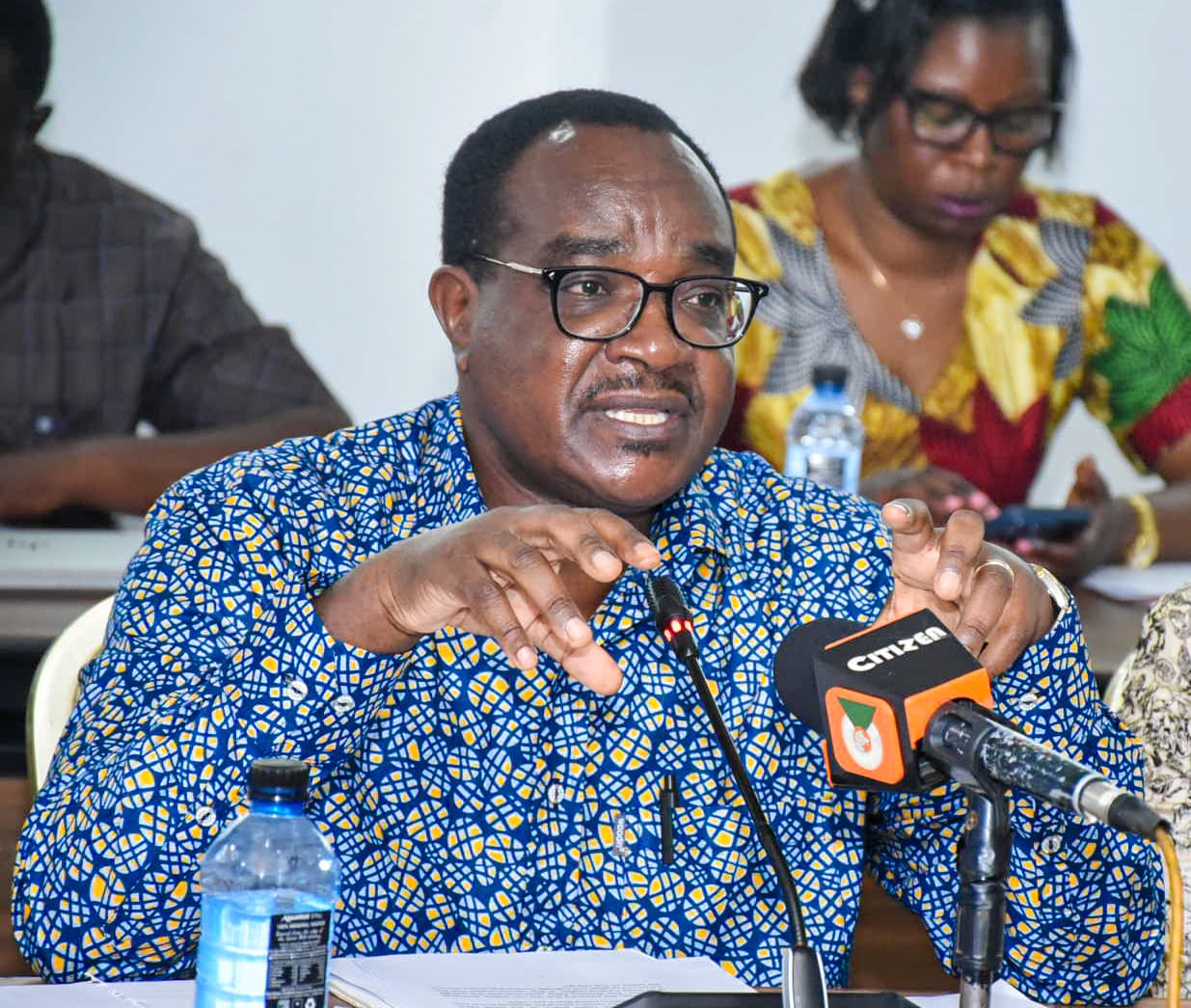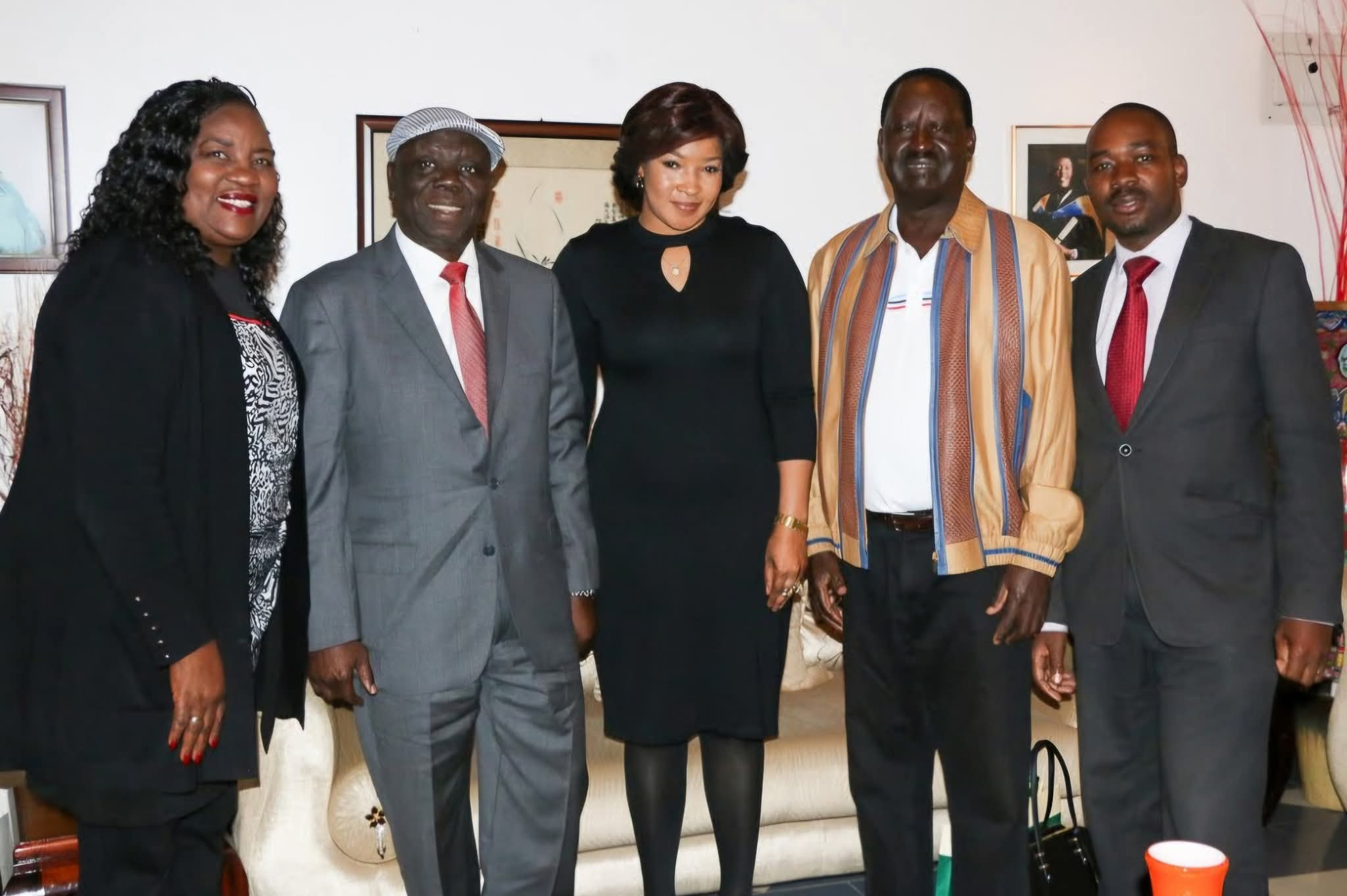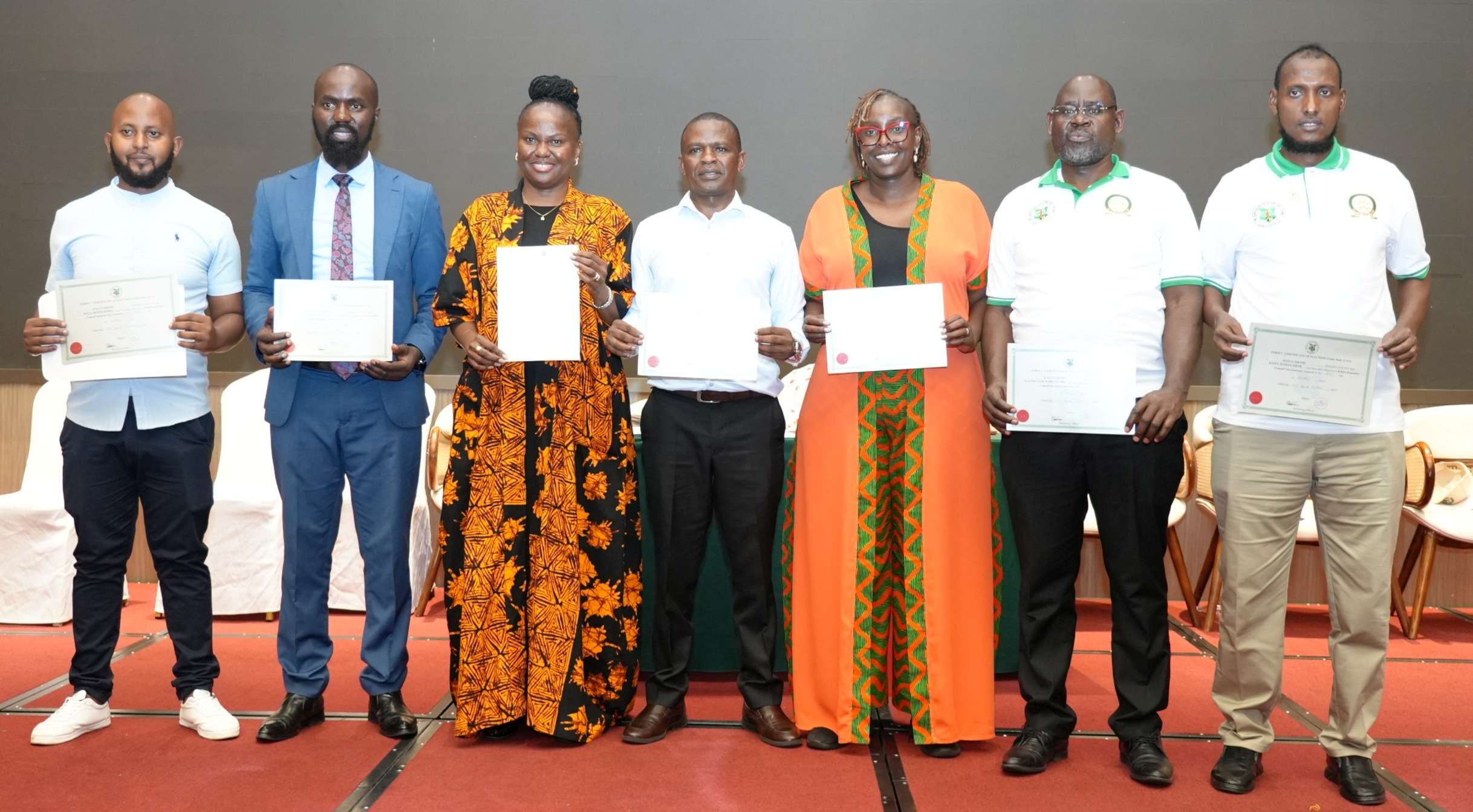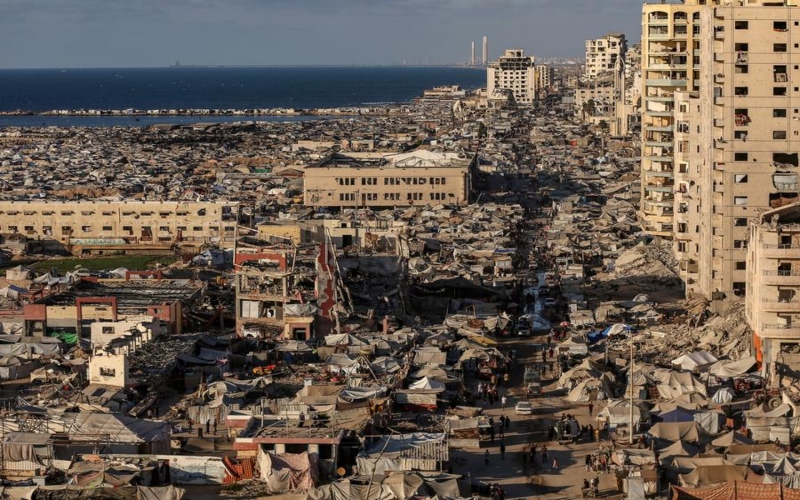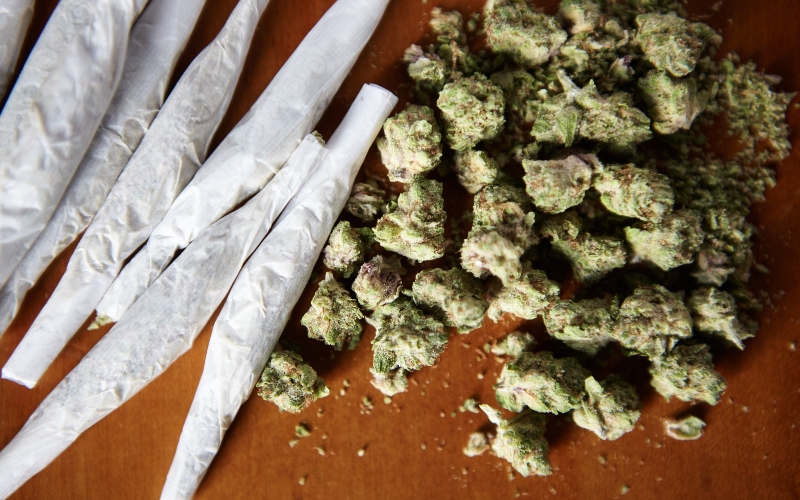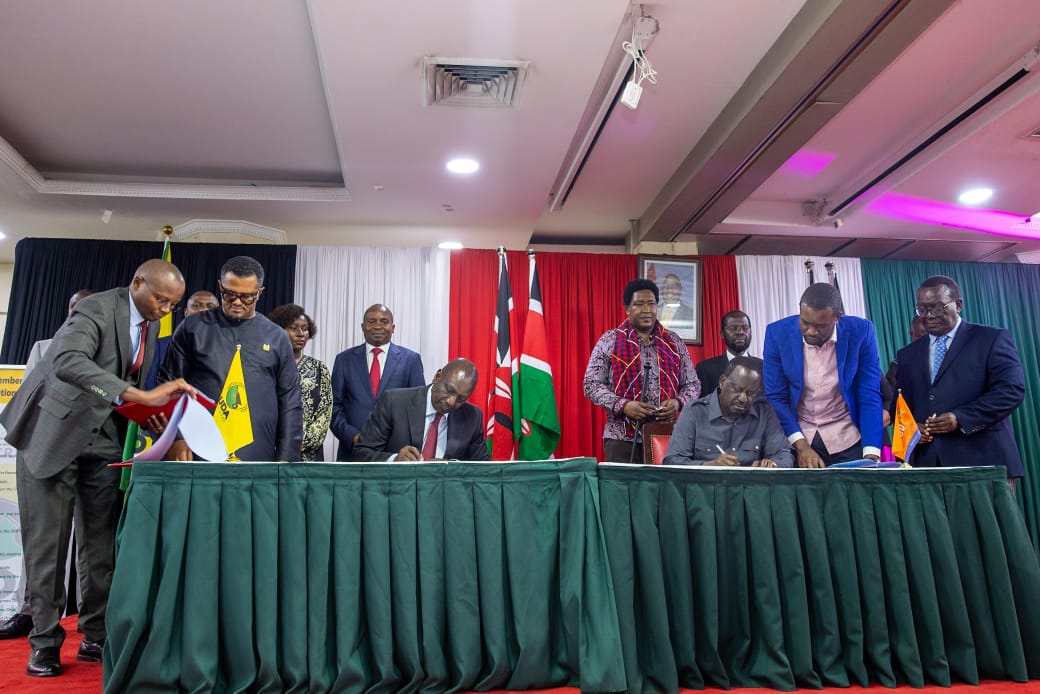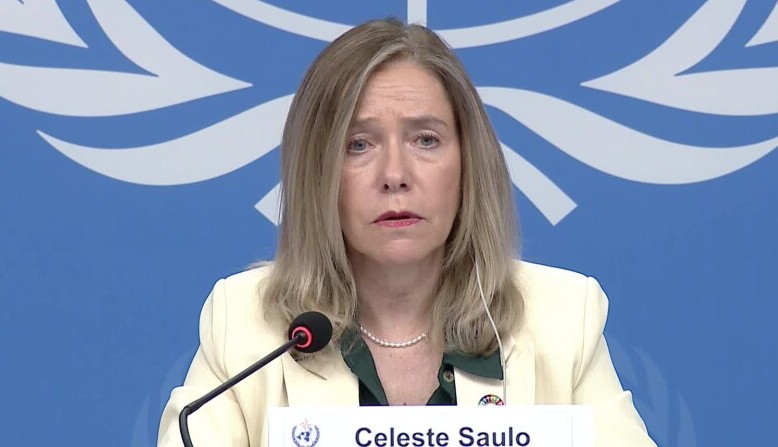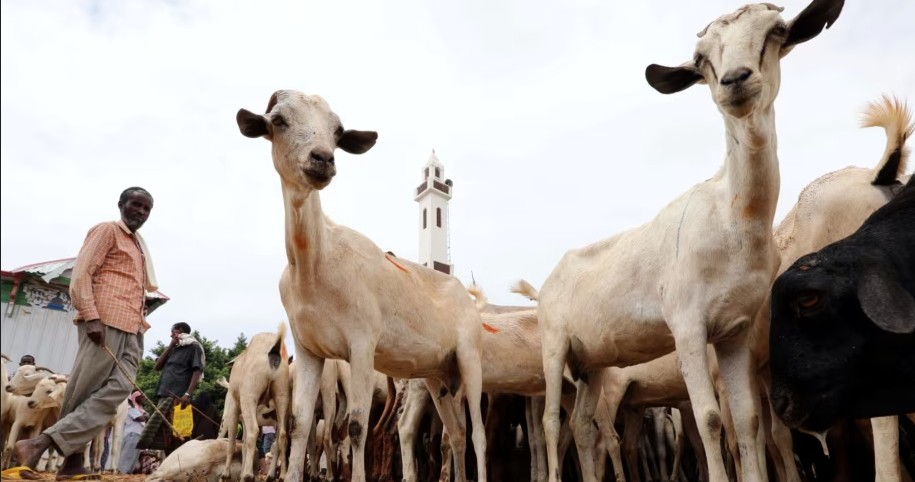Mudavadi dodges questions on public budget for Raila Odinga’s campaign for top AUC seat
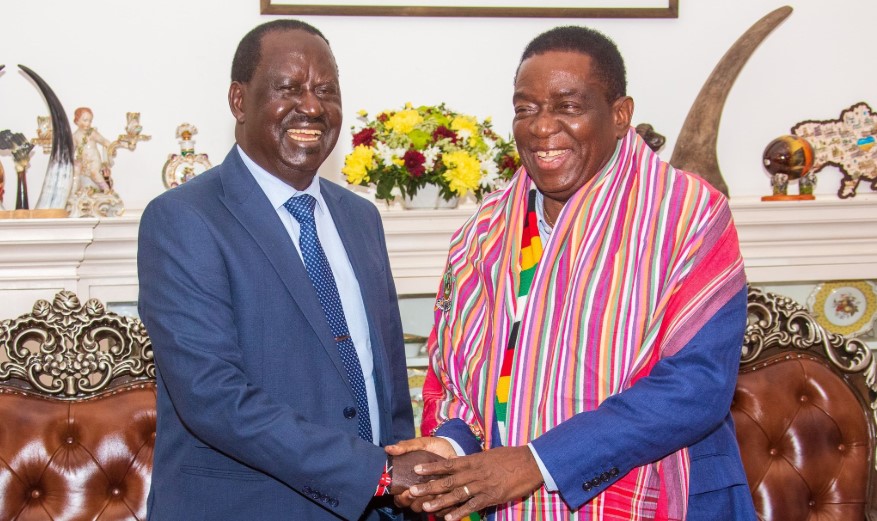
Both citizens and diplomatic observers are left questioning the true cost of the campaign and whether public funds are being used wisely in this high-profile race.
Kenya’s top foreign policy official, Musalia Mudavadi, failed to provide clear details about the budget allocated from public coffers to support Raila Odinga’s campaign for the African Union Commission (AUC) chairmanship.
While Mudavadi – the Prime Cabinet Secretary and Cabinet Secretary for Foreign and Diaspora Affairs – affirmed that the government is fully backing Odinga’s bid to secure the top position in the African Union, his response to questions about the specific financial resources allocated was vague and non-committal.
More To Read
- President Ruto outlines four Raila-inspired pillars to drive Kenya’s growth
- Raila Odinga’s life offers five key lessons to guide Kenya’s future - President Ruto
- Songs of unity, farewell mark Raila’s tribute in Kitui’s Mashujaa celebrations
- Chadema official claims authorities blocked him, party members from attending Raila's funeral
- Raila was a political engineer, and I was his student- Ruto
- Ruto: I reached out to Raila after 2022 elections to right historical injustices
In a Sunday interview with NTV, Mudavadi was pressed on the matter, particularly regarding rumours that the Kenyan government had set aside Sh10 billion for the campaign.
His inability to provide a direct answer raised concerns about the transparency in government spending, especially when Kenyan children in public schools are struggling to get basic learning resources.
Mudavadi’s response was evasive: “All I can tell you is, as we put in efforts, as the president makes his trips. In my assignments and travels, I will campaign for him where he cannot,” he said.
He added that Raila Odinga had also invested his own resources into the campaign.
Mudavadi pushed back against claims that the government had allocated Sh10 billion to Odinga’s AUC campaign.
“Even if we were to put some resources, as a government, take it from me, it can never be 10 billion (shillings).”
The response comes amidst growing public frustration, particularly from those on social media, about the cost of the campaign. Many argue that the amount being spent could have been better used to address domestic issues, such as the pressing needs of Kenya’s public education system.
Negative sentiments
Mudavadi also expressed disbelief at the negative sentiments some Kenyans were directing at Odinga’s bid.
“I mean, is it patriotism? Is it jealousy? Is it somebody being petty, or is it malice?” he asked, referring to the backlash against Odinga’s campaign and its backing by the Ruto administration.
The lack of clarity around the campaign’s funding has sparked concerns about potential misuse of public funds.
Critics argue that taxpayers' money may be used to further political ambitions rather than advancing Kenya’s national interests.
Last year, Kenya’s former UN envoy Martin Kimani criticised Odinga’s AUC bid, suggesting that it was politically driven rather than based on technocratic merits.
“Kenya is seeking this position not due to technocratic reasons but political ones. Kenya wants to promote Raila Odinga because of his political profile and our internal political dynamics,” Kimani said.
Kimani further noted that the bid could serve as a litmus test of the ability of President William Ruto’s administration to win such a high-stakes continental race. He pointed out that Kenya has struggled in similar international bids since its unsuccessful attempt to secure a non-permanent seat on the UN Security Council.
Past criticisms of Kenya’s international campaigns have centred on allegations that the country projects its domestic political agenda onto the African Union stage. The current situation adds fuel to this ongoing debate.
As the country intensifies its diplomatic efforts ahead of the AUC elections in Addis Ababa, Ethiopia, next month, both citizens and diplomatic observers are left questioning the true cost of the campaign and whether public funds are being used wisely in this high-profile race.
Top Stories Today

